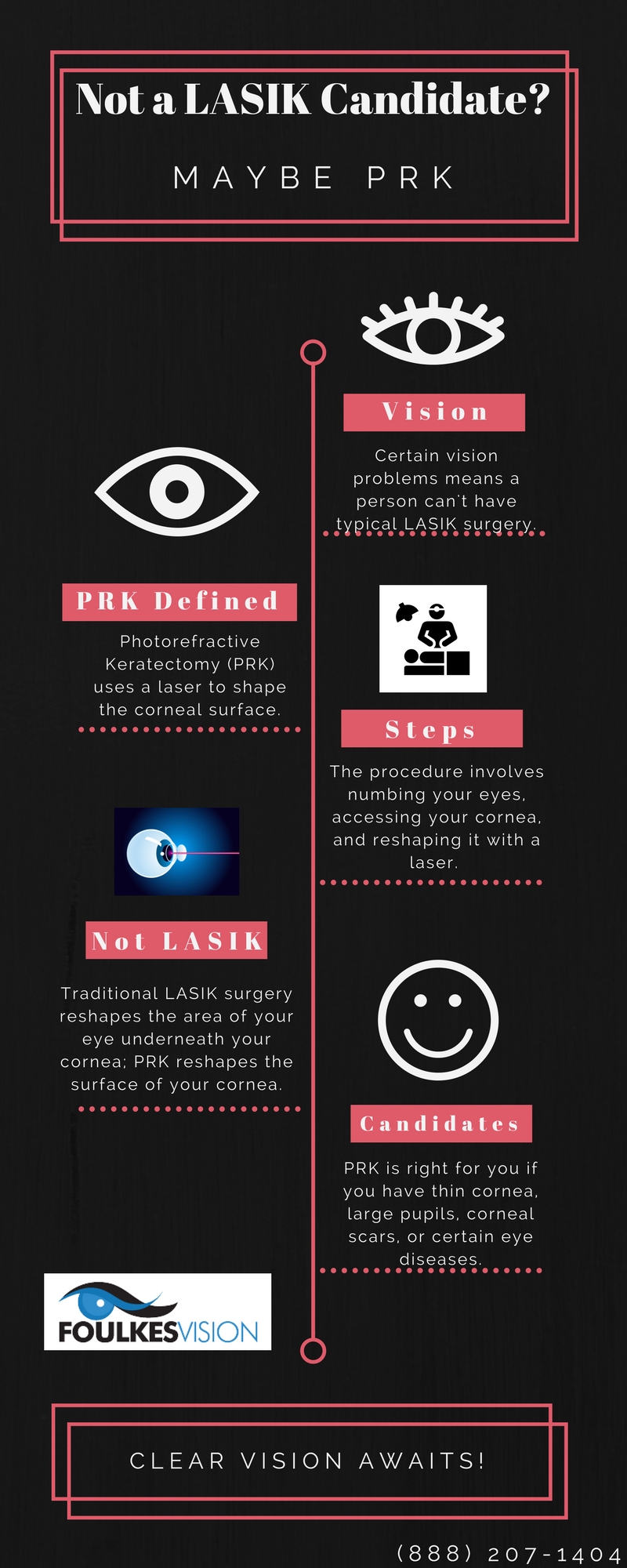Frequently Asked Questions Concerning Lasik Eye Surgery

simply click the next site written by-Soto Crouch
Before LASIK, your eye cosmetic surgeon will certainly examine your vision to make sure it is secure. He or she will likewise examine to see if you have any other eye problems that might influence your results.
After the ophthalmologist has applied numbing eye decreases, he or she will develop a paper-thin flap in your cornea cells using a tool called a microkeratome or laser. The treatment is painless.
What Is LASIK?
LASIK is a type of refractive surgical procedure. It fixes vision troubles brought on by refractive mistakes, which take place when the cornea or lens don't appropriately bend light rays.
The majority of people that have LASIK attain good distance vision without glasses or contacts. However, they may require analysis glasses to see close up. The results of LASIK are permanent, although visual negative effects are temporary.
Can I Have LASIK if I Have Astigmatism?
Blurry vision is typically caused by astigmatism. LASIK can assist with this issue by making your cornea a lot more balanced. The cosmetic surgeon will certainly utilize a tool called a microkeratome or laser to reduce a slim flap in your cornea, after that fold it back. Lasik will certainly after that utilize a laser to improve the cornea so it can bend light better.
The only point that LASIK can't do is proper presbyopia (age-related farsightedness). This can only be made with cataract surgical treatment.
Can I Have LASIK if I Have Dry Eye?
A key part of the LASIK analysis is testing just how well your eyes create tears. Some people with dry eye are not able to obtain LASIK due to the fact that it can get worse the problem.
Dry eye is a typical adverse effects of LASIK due to the fact that the treatment severs corneal nerves. Nevertheless, it generally boosts as the eye heals. You can make use of artificial splits and punctal plugs to handle your symptoms.
Can I Have LASIK if I Have a Cataract?
In most cases, yes. LASIK can boost your vision after cataract surgical procedure.
When you have a cataract, your lens is cloudy as well as your close-up vision is blurry. LASIK can aid with this, as well as your range vision.
During LASIK, your specialist will utilize a laser or a blade to develop a thin flap on your cornea. After that the cosmetic surgeon will certainly fold up the flap back as well as use a laser to reshape your cornea.
Can I Have LASIK if I Have a Retinal Detachment?
Retinal detachment usually arises from a retinal tear. The physician will certainly fix the tear with an in-office procedure called pneumatic retinopexy. After the eye is numbed, the medical professional inserts an expandable gas bubble right into the eye to press the separated retina versus its assistance tissue.
LASIK does not proper presbyopia, which creates as you get older as well as creates blurred close-up vision. Nonetheless, it can be integrated with mono-vision to minimize or remove the demand for checking out glasses.
Can I Have LASIK if I Have a Hyperopia (Farsightedness) or Myopia (Nearsightedness)?
Most health insurance companies do not cover LASIK because it isn't thought about medically required. Nevertheless, they may repay individuals for lens implants if a surgeon becomes part of their network.
Before you undergo LASIK, your ophthalmologist will certainly do an extensive eye test. This will consist of checking your general eye health and wellness, student dimension as well as refractive error. https://www.phillyvoice.com/laser-eye-surgery-faq-what-you-need-to-know-059991-ic/ or she will also determine the density of your corneas.
Can I Have LASIK if I Have Presbyopia (Aging Eyes)?
LASIK does not address presbyopia (loss of near vision associated with age). Instead, it remedies refractive mistakes by improving the cornea.
After numbing declines as well as covering the eye with a shield or spot, the surgeon produces the flap. After that the laser improves the cornea. You might hear a clicking audio and smell an uncommon scent. This is regular as well as does not trigger harm.
Can I Have LASIK if I Have Keratoconus (Bent Cornea)?
In LASIK, your surgeon will certainly make use of a femtosecond laser to cut a thin flap in the cornea. They will certainly after that fold it back and utilize a different laser to reshape your cornea.
Your vision is based on exactly how light enters your eye, bends with the lens as well as focuses on the retina. Refractive errors keep light from concentrating appropriately and create blurry vision.
Can I Have LASIK if I Have Blepharitis (Inflammation of the Eyelids)?
Many people pick LASIK because they want liberty from glasses or call lenses. It is very important to review your goals with your ophthalmologist prior to having the treatment.
LASIK is not unpleasant. Eye declines are positioned to numb your eyes before the surgical procedure. The majority of clients define really feeling a mild stress yet no discomfort. Recuperation from LASIK is fairly fast. Your vision will certainly be a little blurred and light sensitive right after surgical procedure yet must boost promptly.
Can I Have LASIK if I Have a Corneal Density Problem?
LASIK corrects vision by improving the corneal tissue. To do this, the cornea has to be thick sufficient for the surgeon to produce a flap.
If your corneas are too thin, you may be a candidate for laser vision modification procedures that do not need producing a flap, such as PRK or Epi-LASIK. These treatments have similar results to LASIK yet work in a different way.

